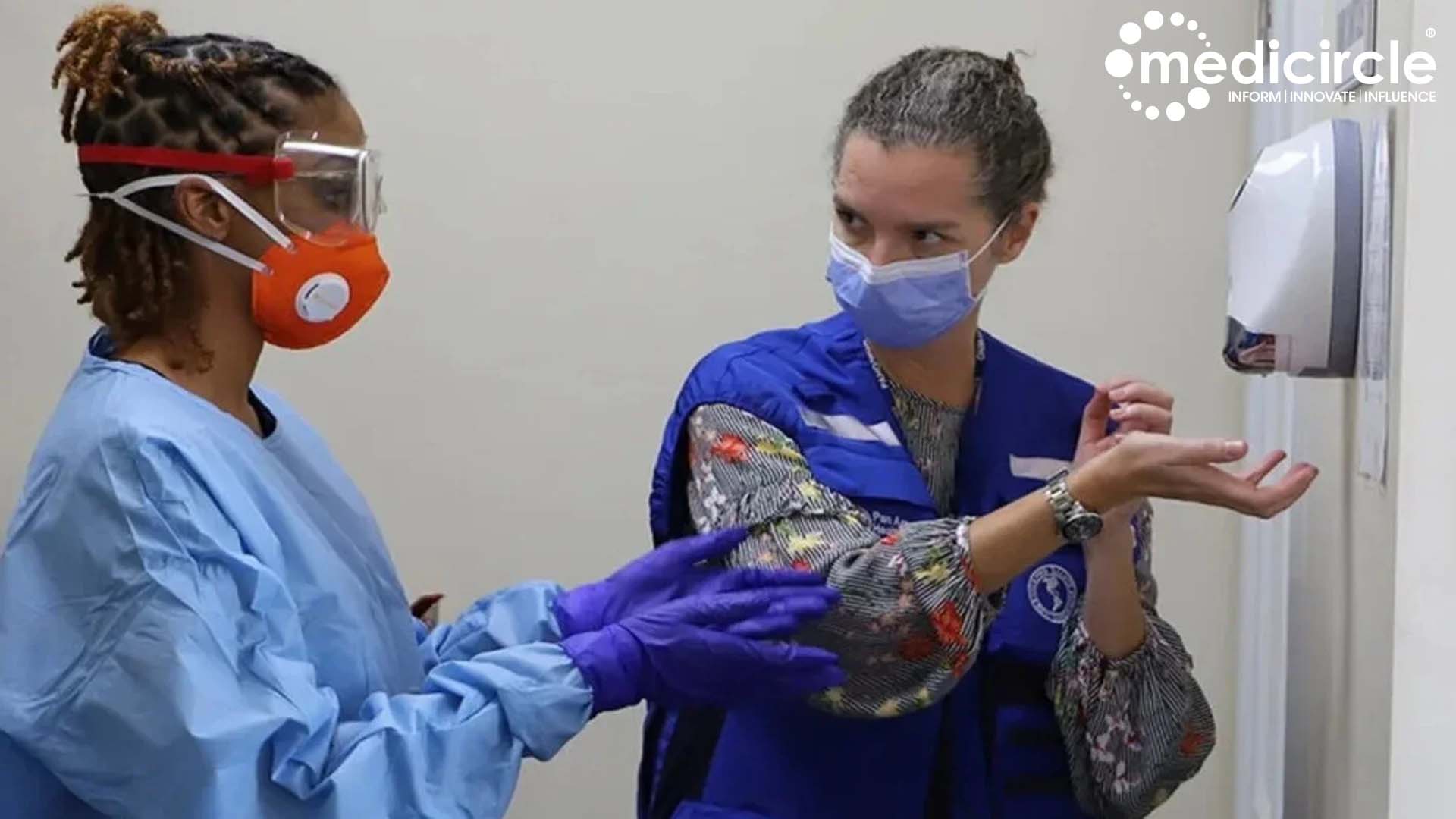In a revolutionary study conducted by King's College London, researchers have uncovered compelling evidence linking natural diversity to improved mental well-being. The findings, published in Scientific Reports and supported by the National Institute for Health and Care Research (NIHR) and Wellcome, highlight the profound impact of natural environments on mental health.
The study utilized the innovative smartphone application Urban Mind, engaging nearly 2000 participants to report real-time experiences of mental well-being and natural diversity in their surroundings. Over the course of the study, participants provided valuable insights through over 41,000 assessments, offering a comprehensive understanding of the relationship between nature and mental health.
Researchers discovered that environments rich in natural features—such as trees, birds, plants, and water bodies—correlate with better mental health outcomes compared to spaces with fewer natural elements. This positive effect can persist for up to eight hours, exposing the enduring benefits of interacting with diverse natural surroundings.
A significant revelation from the study was that nearly a quarter of the positive impact of nature on mental health can be attributed to the diversity of natural features present. This emphasizes the importance of conserving and promoting biodiversity in urban and natural landscapes for enhancing mental well-being.
Lead author Ryan Hammoud highlighted the practical implications of these findings, advocating for policies and practices that support the richness of nature within urban environments. Moving away from curated monocultural spaces towards biodiverse landscapes mirrors natural ecosystems, offering holistic benefits for both the environment and public mental health.
Participants engaged in the study were asked to complete three assessments per day over a two-week period, providing valuable data on their environment and mental health. Natural diversity was defined based on the presence of four key elements: trees, plants, birds, and water bodies, within the participant's surroundings.
Data collection was facilitated by the Urban Mind app, developed in collaboration with landscape architects J&L Gibbons and arts foundation Nomad Projects. This innovative platform enabled researchers to gather real-time insights from participants and analyze the impact of natural diversity on mental well-being.
Senior author Andrea Mechelli emphasized the urgent need to recognize biodiversity as a critical component of urban infrastructure, vital for both environmental and human health. As climate change accelerates biodiversity loss, integrating natural diversity into urban planning becomes imperative for promoting mental well-being.
The study sets the stage for future research and initiatives aimed at creating greener and healthier urban spaces. By prioritizing natural diversity and integrating biodiversity into urban design, cities can harness the healing power of nature to enhance mental health outcomes for residents.
The King's College London study showcases the transformative impact of natural diversity on mental health, offering compelling evidence for integrating biodiversity into urban landscapes. By nurturing diverse natural environments, policymakers, urban planners, and communities can foster healthier, more resilient cities that promote well-being and sustainability.

 By nurturing diverse natural environments, policymakers, urban planners, and communities can foster healthier, more resilient cities that promote well-being and sustainability.
By nurturing diverse natural environments, policymakers, urban planners, and communities can foster healthier, more resilient cities that promote well-being and sustainability.













.jpeg)















.jpg)




